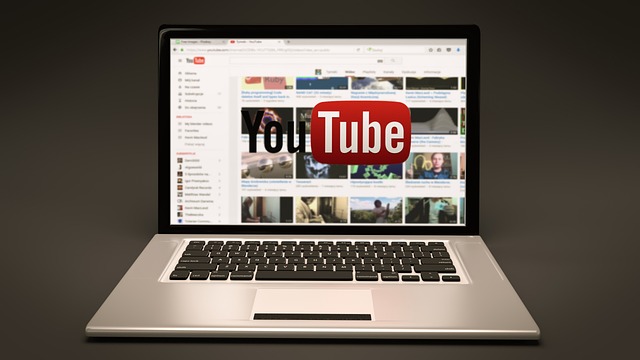Google is facing a major anti-trust trial in federal court. This is the first major antitrust case since Microsoft’s trial in 2001.
Google is in the sights of the Justice Department due to its control of search engine traffic. With that comes a dominance of the advertisement market. Google’s competitors Bing and DuckDuckGo do not come close to its traffic. Gizmodo reports:
Tuesday saw the opening of a major antitrust case against Google, marking the government’s first big tech monopoly trial since Microsoft. As the Department of Justice and Google lay out their arguments, two remarkable issues are at stake. First is the nature of Google’s business, which raises questions about the very future of the internet because its products are ubiquitous. Depending on how this case plays out, we’ll see the first big test of whether the government has the legal authority—and the mettle—to regulate sprawling tech companies in the modern era.
The lawsuit hinges on Google’s flagship search engine, which brought in almost 60% of the company’s $280 billion revenue last year. About 90% of Americans search the internet with Google, and if you ask the DOJ, that’s because Google pays other companies such as Apple, Samsung, and Mozilla to make Google the default search tool on their products, and it pays manufacturers to bundle Google services on Android devices. The government argues that money is one of the key reasons Google doesn’t have serious competitors. Google pays Apple, $10 billion a year, for example. Why make your own search engine when Google lines your pockets?
Google’s success in the search engine field is undeniable. The question is whether Google colluded with other Big Tech actors in its rise to the top. Slate dives deeply:
If there’s something that Google wants you to know, it’s that the defendant in the United States’ most significant antitrust trial in 25 years is not a search monopoly established through unfair, anti-competitive means—and if people get that impression, it’s only because all the other search engines suck. Google is, literally, just built different.
Over the first week of U.S. et al. v. Google—a suit initially filed by the U.S. Department of Justice along with more than a dozen state attorneys general in 2020—Google’s lawyers put out myriad opening arguments to convince the U.S. District Court for the District of Columbia that the iconic company is not what the government accuses it of being: a search giant that reached and then stayed atop its pedestal by unfairly colluding with other tech companies to ensure its dominance. The DOJ alleges that Google intentionally crowded out search-engine competitors in order to control the sector, allowing it to overcharge advertisers, stifle the reach of other search sites, and leave consumers with no choice but to use Google’s steadily degrading product. Judge Amit P. Mehta will decide, over the course of the next 10 weeks, whether the government’s argument passes muster—or if Google is right that it should not be held liable under antitrust law. If the government wins, Google may have to break apart many of its subsidiary properties, like YouTube and Android, from its search business; a Google victory, meanwhile, would represent a significant setback for the Biden administration’s efforts to smack down Big Tech companies under existing antitrust statutes.
Should Google be broken up, it would be a huge victory for the US Government. It would also leave it open to be attacked by its Big Tech competitors, notably Apple. However, it would also set other Big Tech companies in the sights of the government, as is already the case with Amazon.
READ NEXT: Amazon Sued by FTC









